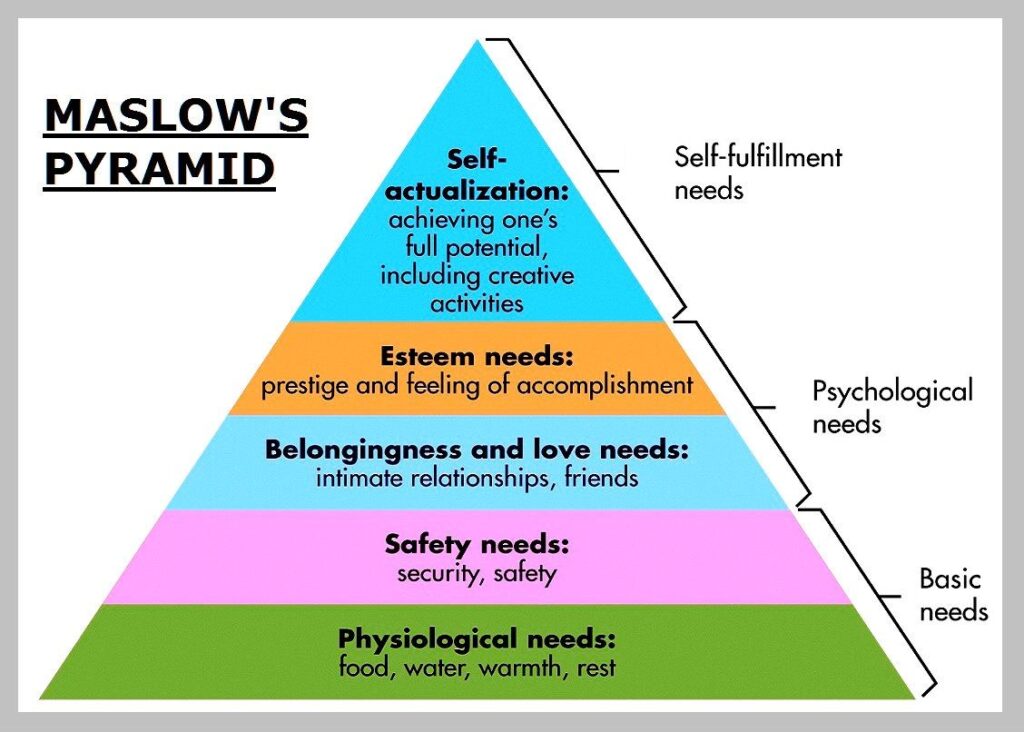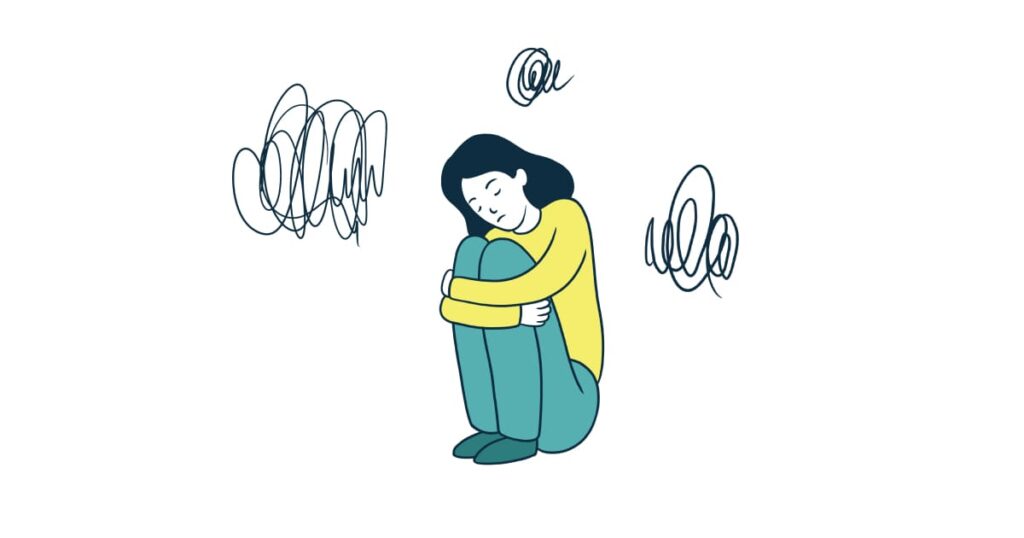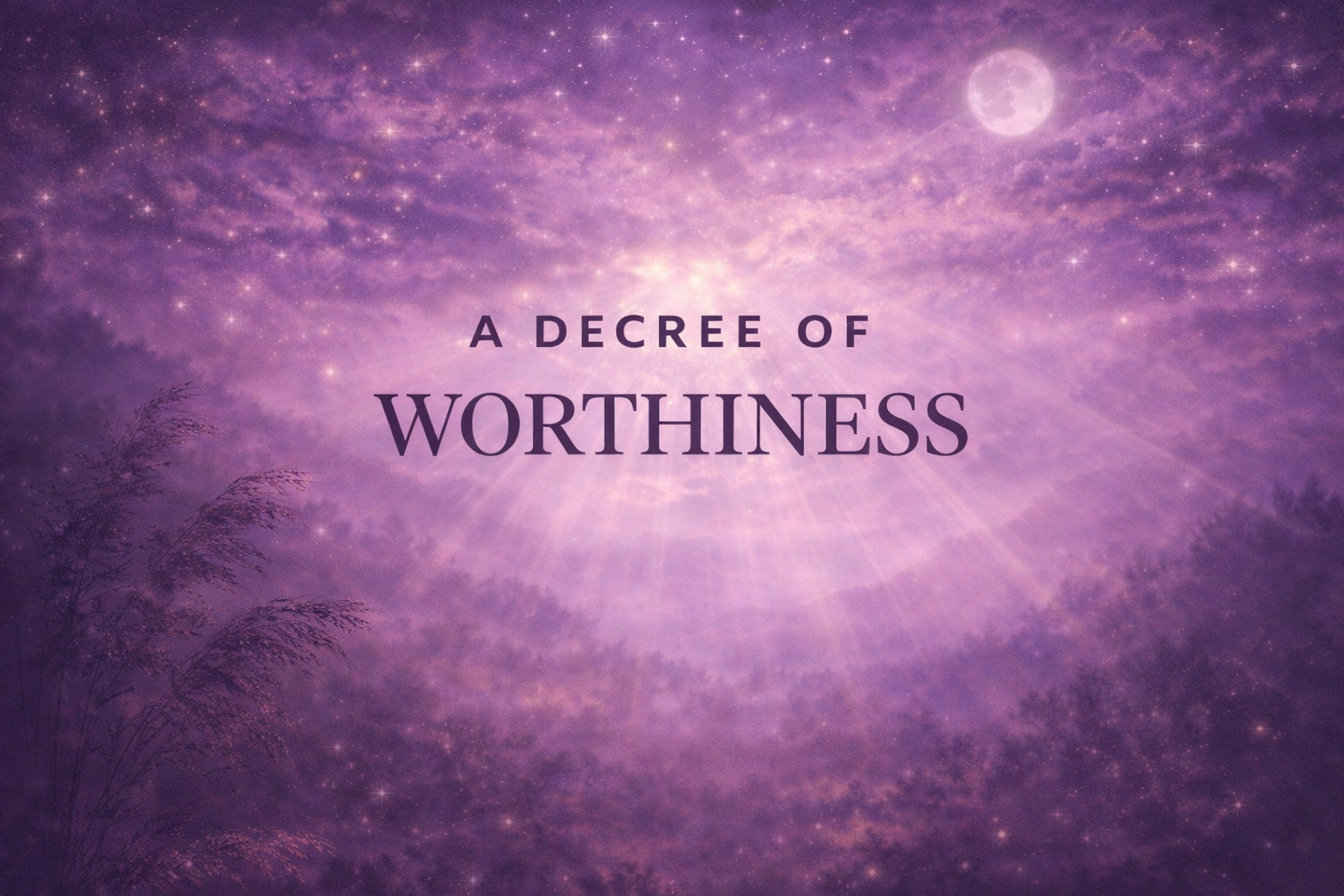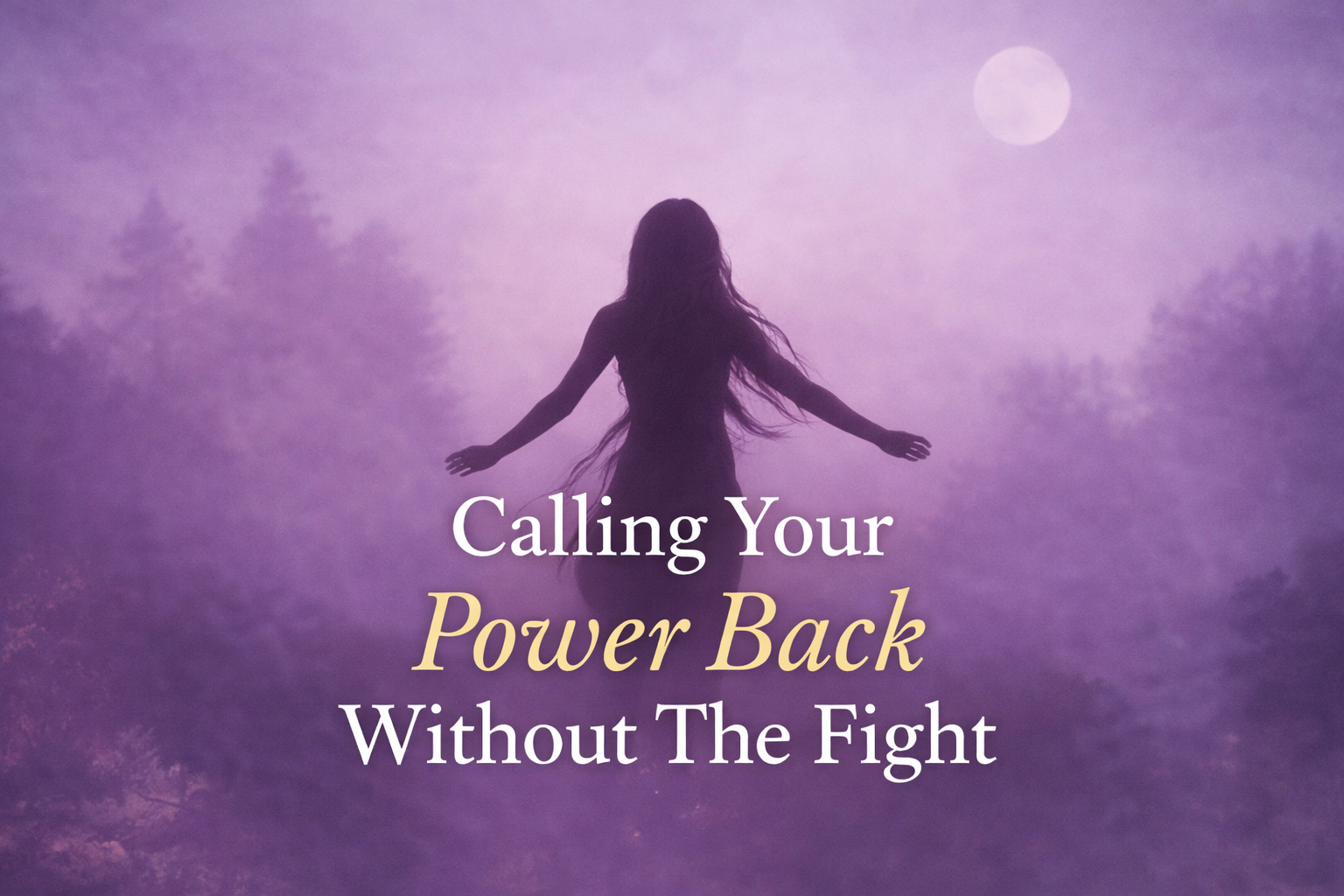Do you understand the strong link between mental health and self-worth? “Know your worth” just sounds like worn out buzz word. For someone with poor confidence, self-worth may be a term you comprehend intellectually but question what it means.
It is to truly embody the inherent value that you were born with.
Simply put, it means to believe in yourself!!!
If you are like me and countless others, this little statement may have eluded you your entire life. It’s ironic to think that something so simple, could be so hard. However developing a positive sense of self worth is essential for defining your emotional intelliegence and achieving personal breakthroughs.
If you’re anything like me, you may have had to learn self-respect through the hard knocks of life! We give our power away whenever we choose to validate ourselves externally ignoring our own inherent worthiness.
According to Maslow’s hierarchy of needs every individual is driven by a hierarchy of requirements. The drive for rest, food, warmth, security, safety, intimate relationships, love, friendship, belonging and accomplishment constitute the first four tiers of our psychological and physiological needs.
We are biologically hardwired to satisfy these needs, however when you have low self-confidence, the road to having these needs met, will be sketchy.

What is self worth vs self esteem?
When we do not know our worth we accept standards that disregard our own needs. It’s important however to highlight that an individual can have healthy self worth and even self esteem in a few areas of development but lack a sense of value in other areas.
An example of this is a woman who has been able to meet a few basic needs and cultivated a degree of esteem, but is lacking in the category of belonging, love and safety. In this extreme example, a woman who is markedly successful, distinguished and at the height of her professional career, could find herself in a relationship where she is subjected to domestic violence.
Self worth is the foundation by which we build and meet all our respective needs, however this does not necessarily happen sequentially. Having self-confidence helps you develop self-esteem which lends itself to the feeling of achievement, confidence and the respect of others. However you can’t have esteem without a foundation worthiness.
When we have sufficiently developed self worth we can evolve beyond our physiological and psychological needs into the fifth tier where we can experience self-actualisation and we are able to reach our full potential.
Examples of self-confidence in the context of romantic relationships
A person with low self worth is more inclined to want to demonstrate their value, this will happen through people pleasing behaviours, martyrdom, playing ‘nice’ as opposed to being good and generally not staying true to their core values.
This is a contrast to a person who has embodied self worth and will have internally set standards for the ways they expect to be treated.
In the context of relationships, a woman with high self worth is evident in her preparedness to walk away from any behaviours that overstep her requirement for healthy love and respect. This woman is known as a high value woman.
In romantic relationships low self worth can present itself in a variety of ways one. For instance, you may be drawn to a partner who only offers you the bare minimum.

A poor relationship with self-love is self-abandonment
A person with low self worth will feel the urge to earn the validation or attention of a love interest or a partner who shows them a lack of respect, commitment, affection or reciprocity. They will suppress their best instincts which tell them that maybe this person isn’t good for them.
This is self-abandonment, and no matter how much you outsource your validation needs, you will never fulfil them because you are betraying yourself.
They will want to prove themselves by sugarcoating or defending their partner’s actions instead of facing reality and respecting themselves.
This is diametrically opposed to a person with high self worth who will not entertain treatment that violates their standards. They will maintain their self-respect through their actions.
When you discover your worth, it is not as easy for people to take advantage of you.
What causes poor self worth?
Our worth is something that is demonstrated to us by parents and caregivers. From their example we discover where we are placed on the value scale.

So what happens when the message from our parents was that we were unworthy of love, being seen or accepted? Our self-esteem plummets and we learn from a young age where we fall in the pecking order.
This situation is especially true when our caregivers weren’t taught to develop a healthy relationship with their intrinsic value. This is what is meant by a self-fulfilling prophecy. because our relationships are mirroring back to us how we truly feel about ourselves.
The Power of Self-Worth: How Believing in Yourself Transforms Your Life
When you can take back the reins of your worth, it will become your ultimate power. It’s the golden ticket out of the small version of yourself, catapulting you out of a small life. When we do not know our worth we play small in order to be more lovable, more acceptable, more employable.
Self-worth is your belief in your own value as a person. When you have a positive mindset this strengthens your self worth. When you believe in yourself, you build a robust self image. Having a clear vision on how you want to live your life, having clarity around your values and having the inner strength to honour those values is incredibly empowering.
How do I find my self-worth?
Self worth takes time to develop and so you will have to practice patience by cultivating self compassion. Working on self-worth is not an overnight process. Below are a few core building blocks for self worth:
How do I improve my self-worth?
I have found self-awareness to be the cornerstone of having a strong sense of self-worth. When you are self aware, you can see yourself objectively. You can see clearly the value that you bring into the world through your uniqueness.

You can take criticism even when it’s not constructive without taking it personal because you realize what yours and what’s not. When you have a healthy self-image it builds resilience and constructive criticism becomes valuable to you.
A person with self-worth has a growth mindset. Handling criticism gracefully demonstrates confidence and earn you the respect of your peers. It takes a certain level of emotional maturity and emotional intelligence to anaylse negative thoughts about yourself.
What happens when you realise your self-worth?
It is natural to seek validation and recognition from others, but it is equally important to cultivate a strong sense of self-worth that is not contingent on external validation. This means recognizing our own strengths and accomplishments, celebrating our progress, and practicing self-compassion.
Remember that you are worthy simply because you exist. You have inherent value and deserve love, respect, and happiness. Embrace your uniqueness, embrace your imperfections, and know that you are enough just as you are.
So let go of the need for constant approval from others. Instead, focus on building a healthy relationship with yourself and nurturing your own self-worth. When we truly believe in our own worthiness, we can navigate life with inner confidence, empowerment and authenticity.






8 Reflections
Share your reflection below... I’d love to hear how this transmission lands for you.
This reflection space is part of a living temple of dialogue, a place for insight, resonance, and respectful exchange. All comments are read with care and may be lovingly edited for clarity, formatting, or safety before publication. Please share from your heart, speak with kindness, and keep this space high in frequency. Promotional links, aggressive language, or off-topic content will be removed. Thank you for honoring the spirit of this sanctuary.